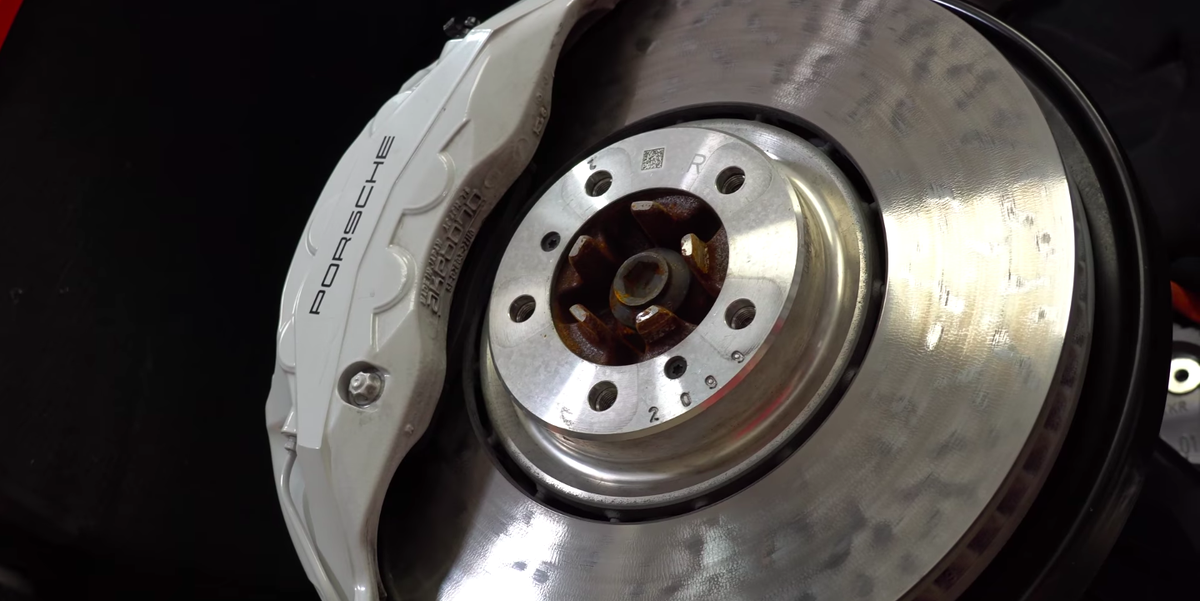- Joined
- Oct 7, 2013
- Messages
- 104
I've seen a few of you plump for Akebono pads... this because of their claim for low-dust?
"I hate dust!" they cry.
Should I worry? How can that be right? When I went to school friction was a factor of force not area, and its by-product was wear. If these pads reduce the dust, they reduce the wear too. Thus less friction. There's no free-lunch in Physics.
Or they're so hard, they require greater force to produce the same friction. If this wasn't a fundamental law of Physics, Acmebonehead could claim the world's first 100 million mile dustless pad, sell us Acmebonehead pads for life, and have it done. No dust, no wear, no friction.
I'm quite prepared to be called the fool here, yes really...
Is this me? Should I go back to class with a 3/10 for iffy homework. I mean I ask you, do you really want someone who lets that claim go past them, namely a Acmebonehead customer on the same road as you?
"I hate dust!" they cry.
Should I worry? How can that be right? When I went to school friction was a factor of force not area, and its by-product was wear. If these pads reduce the dust, they reduce the wear too. Thus less friction. There's no free-lunch in Physics.
Or they're so hard, they require greater force to produce the same friction. If this wasn't a fundamental law of Physics, Acmebonehead could claim the world's first 100 million mile dustless pad, sell us Acmebonehead pads for life, and have it done. No dust, no wear, no friction.
I'm quite prepared to be called the fool here, yes really...
Is this me? Should I go back to class with a 3/10 for iffy homework. I mean I ask you, do you really want someone who lets that claim go past them, namely a Acmebonehead customer on the same road as you?

